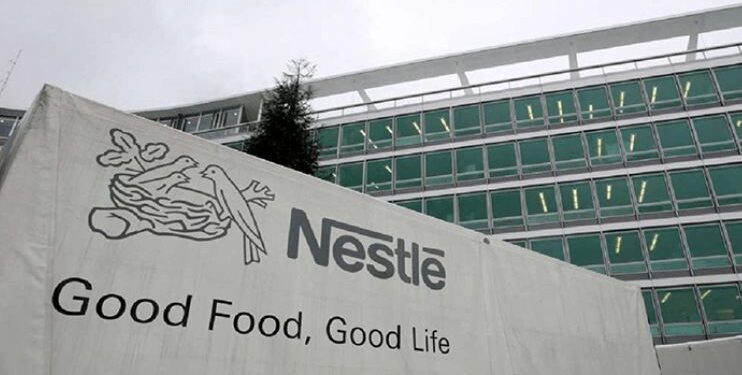-KH News Desk (cbdigital@imaws.org)
A group of 26 investors coordinated by a non-governmental organisation and a responsible investment firm, ShareAction pressures Nestle to lessen its dependence on less healthy products. This is because of the rising food-related regulations and evolving consumer expectations awakened after COVID-19. Most importantly market with less healthy food creates a systemic risk to investors’ returns. The investors also bring to light the effects of less healthy food like Obesity or Overweight, on the world’s population.
The investors are not satisfied with Nestle’s recent Nutrition based disclosure. They look forward to working constructively with Nestle to increase the proportion of its sales towards better-for-you (BFU) products. The market is flooded with less healthy food affecting the world’s population’s health. Simon Rawson, Deputy CEO from ShareAction said that Nestle wanted to sell healthy food but failed to address the less healthy food sales. ShareAction also reports that 40% of Nestle’s sales in the UK use high fat, salt, and sugar.
According to the World Obesity Federation, more than half of the world’s population will be living with overweight or obesity by 2035. It also says that 58% of the adults in the US alone will be obese by 2035. These alarming records grab the attention of investors. Nestle tries to fulfill the investors’ conditions and its ambition to improve the world population’s health through better-for-you products. CEO Mark Schneider of Nestle stated that the company wanted to increase the number of healthy products, during the recent full-year results conference. This is evident in the recent sale of Nestle where about 37% of net sales is from the products that are considered ‘healthy’.
Nestle brings in regulations like Health Star Rating to show the overall nutritional profile of the packed food by assessing the food based on total energy, saturated fat, sodium, and sugar content. This is evident by the 25% reduction of sugar in Carnation Breakfast Essentials and changing the Natural Bliss creamer into plant-based milk. According to ADA (American Diabetes Association), Lean Cuisine, a brand sold by Nestle, is the first brand in the US designed to support people in maintaining blood sugar levels. Though Nestle has become transparent about the healthiness of the food, the investors are pushing the bar ahead for the evolving consumer expectations and the health risks of less healthy products.
Though Nestle adopted transparency and supported healthy products, they also mark the limits. In Nestle Q4 2022 Earning Call, Marl Schneider said, “There are limits” and added that no change will take palace in ‘enjoyment-related categories’. This is witnessed through the new launch of the KitKat Breakfast Cereal in the UK. It contains 7.4g of sugar per 30g of serving. This is higher than an adult’s recommended refined sugar intake per meal. Nestle says that KitKat cereal is in the enjoyment-related categories. Furthermore, the company added that they enjoyed it as an “occasional, indulgent” breakfast option.







